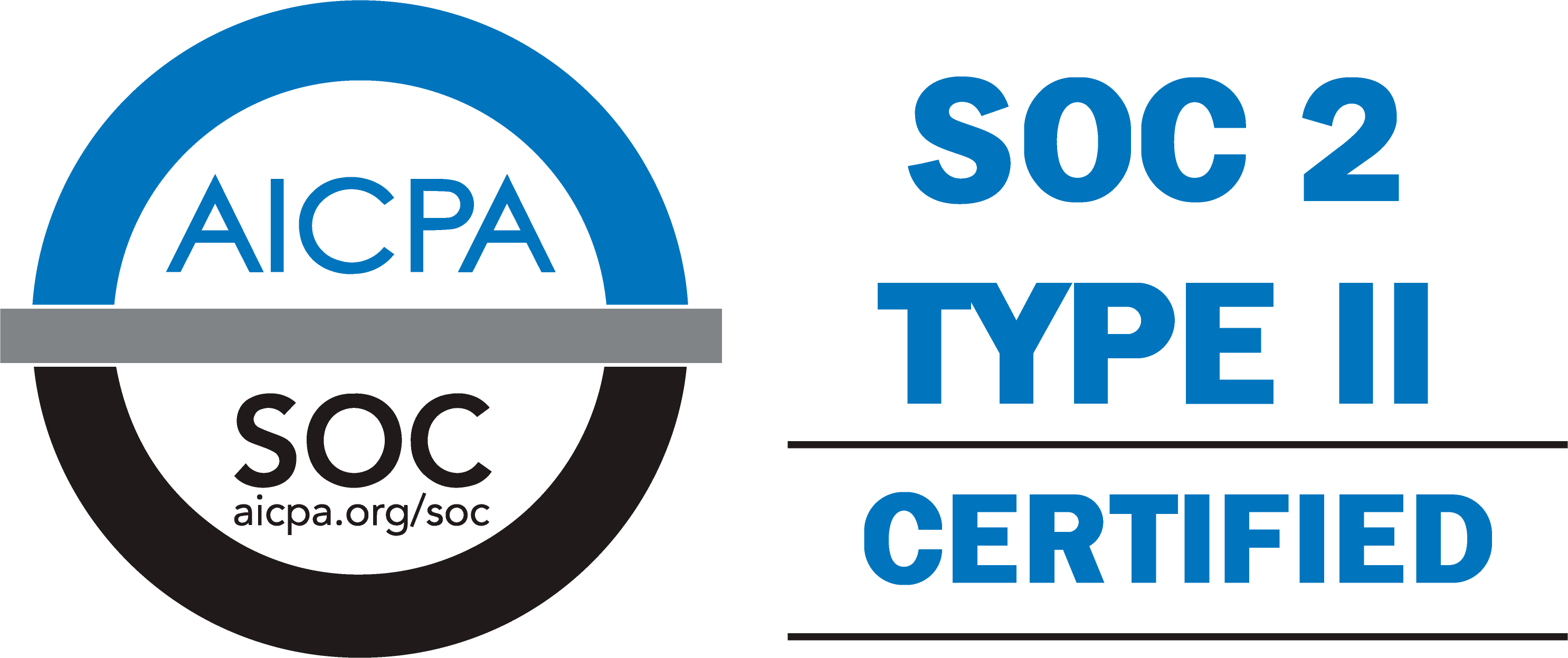|
July 14, 2022 |
Categories: Informative Articles |
Lucina Identifies At-Risk Moms Early in Pregnancy, Decreasing Exposure-Related Health Problems
Pregnant women hear a lot of advice. Some of it is well-intentioned nonsense. But recommendations to avoid some prescription and over-the-counter medications, recreational substances, cosmetic treatments, maternal health conditions, infections, vaccines, chemicals and workplace exposures can be lifesaving. According to the American College of Obstetricians and Gynecologists, evidence connects many exposures to long and short-term effects on pregnant women and fetal health.
Alcohol exposure is one common preventable cause of birth defects. Alcohol crosses the placenta easily and targets a developing baby’s brain. Exposure to alcohol during pregnancy can cause Fetal Alcohol Spectrum Disorders, a range of life-long physical defects and intellectual, learning and behavioral difficulties. Up to 1 in 20 school children in the United States may have Fetal Alcohol Spectrum Disorders, according to the CDC.
With more than 4,000 compounds including nicotine, tar, arsenic, lead, and carbon monoxide, cigarette smoke similarly harms developing babies. When a pregnant person inhales cigarette smoke, gasses and particles get into their blood and organs. Some of the chemicals cross the placenta, lowering the amount of oxygen and food available for the developing baby.
Exposure to cigarette smoke increases the chance of miscarriage, ectopic pregnancy and placental problems. Cigarette smoke is associated with a higher chance of preterm delivery, low birth weight, stillbirth and sudden infant death syndrome. Studies have found, among numerous other long-term health issues, a higher chance of asthma, bronchitis and respiratory infections in children exposed to cigarette smoke during pregnancy.
Mental health conditions, including anxiety and depression, are also exposures that may increase the chance of adverse outcomes.
One in 10 people experience Generalized Anxiety Disorder at some point in pregnancy. Untreated anxiety disorders during pregnancy may increase the chance of preterm delivery (before 37 weeks of pregnancy) and low birth weight.
Women have a 10-25% chance of developing depression in a lifetime, and the highest risk occurs during the childbearing years. Some studies on depression left untreated in pregnancy have reported that there can be higher rates of miscarriage, premature birth, low birth weight, babies who are small-for-gestational age, and pre-eclampsia.
Lead is an environmental exposure that can harm a developing baby during pregnancy. This heavy metal can be found in many places such as soil, cosmetics, old paint, gasoline, and in many hobbies and industries. Lead is absorbed into the body when dust is breathed into the lungs and when lead particles are swallowed.
High levels of lead during pregnancy can cause miscarriage, stillbirth, low birth weight, premature delivery, and pre-eclampsia. Lead exposure harms the developing brain and can cause learning and behavior problems.
Identifying women early in pregnancy who are at risk of these and many other exposures is vital. Every day that passes is a missed opportunity to impact high-risk pregnancies and preterm births.
Approximately 40 percent of health plans miss pregnancy identification prior to birth, resulting in higher preterm birth rates, longer NICU stays, and potential long-term health complications.
Lucina applies proprietary maternity specific algorithms to data to find over 3,000 early pregnancy identifiers, allowing you to engage mothers as early as possible. Lucina identifies 98% of moms before delivery and 70% in the first trimester, far earlier than many health plans currently do on their own.
Connecting with these moms earlier allows for critical first-trimester prenatal visits, builds stronger doctor-patient relationships, and improves the chances they will receive quality maternity care management throughout their pregnancy.
To learn more about how Lucina’s technology is leading to healthier moms and babies and significant economic savings, contact us and don’t forget to follow us on LinkedIn and Twitter.



